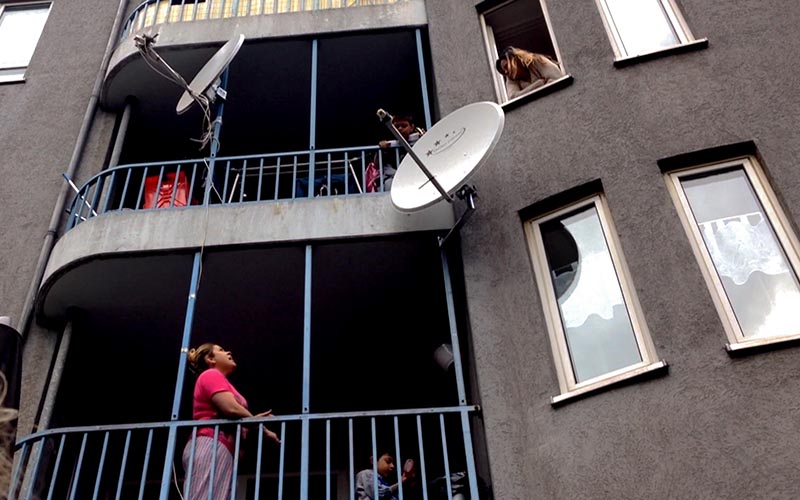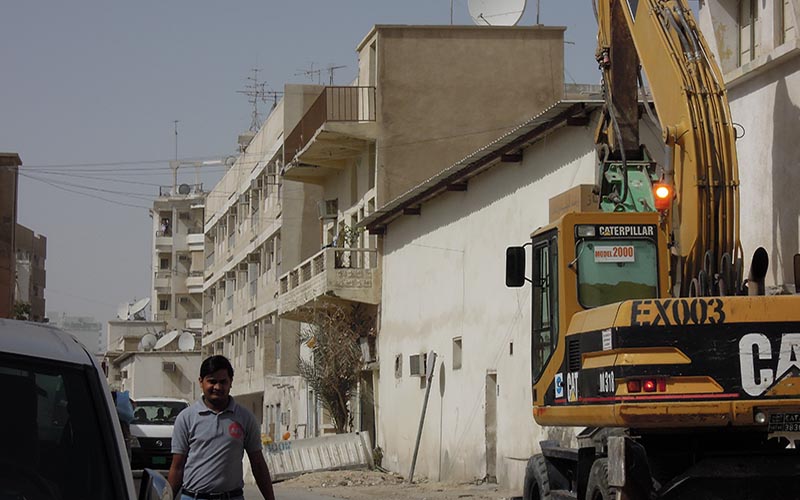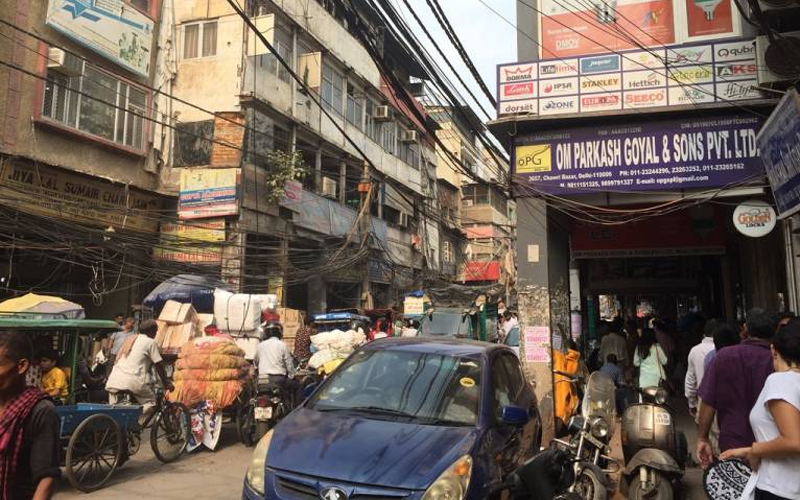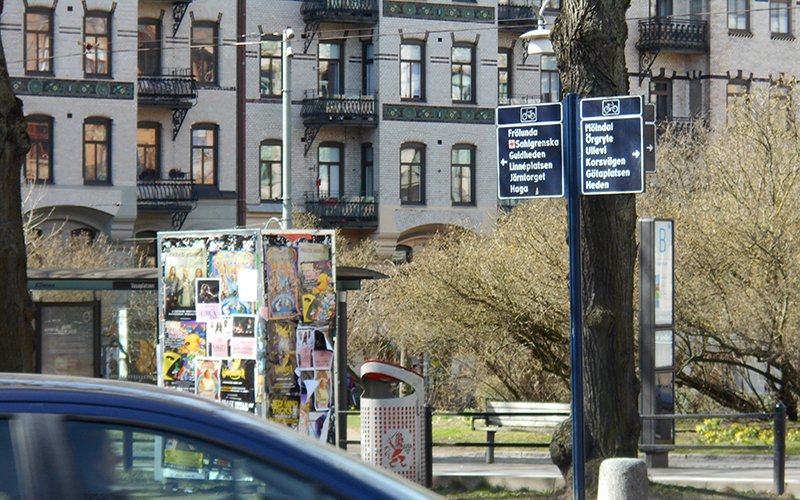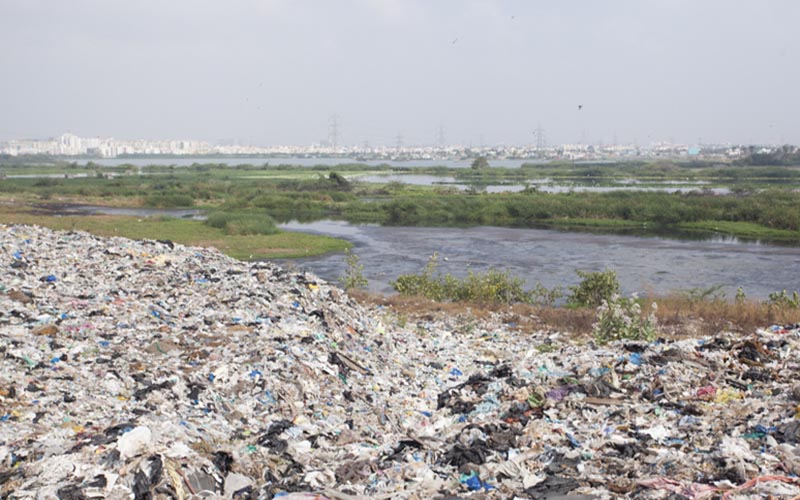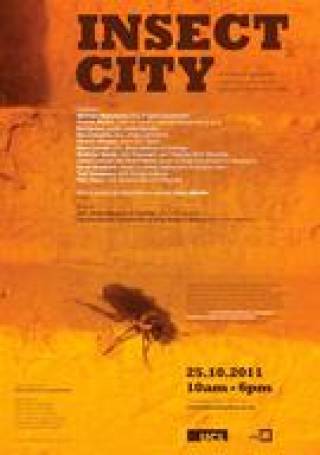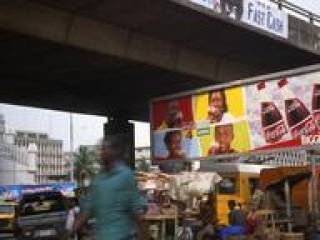Research
Our vision of an ‘engaged urbanism’ offers new approaches to urban problems, grounded in an understanding of everyday realities. In order to address the most challenging urban complexities, knowledge about cities, and methods of urban research, need to be produced collaboratively and publicly, with the participation of citizens, as well as those excluded from citizenship.
We provide a laboratory for the invention of new methods and innovative comparative frameworks in order to address conditions of globalisation, and challenge epistemological and geographical hierarchies in urban studies, because difficult urban challenges demand new modes of working.
Visit our research project directory to view a list of all our current and past research projects.
Priority Areas
Through eight priority areas - each led by one of our Co-Directors or Director - you can find out more about the research that guides us, propose activities, and connect with our work.
Biennial themes
- Memory (2022-24)
As we look forward from the pandemic which dominated our lives in the last two years, we will be launching our engagement with the theme of Memory from January, in conjunction with UCL Urban Room and Memory Workshop at UCL East. Find out more about our 'Memory' theme.
- Emergency (2020-22)
UCL Urban Laboratory explored 'Emergency' as an annual theme for the 2020-21 academic year in collaboration with the UCL Institute for Risk and Disaster Reduction, and during 2021-22 in collaboration with the UCL Institute of Advanced Studies. Find out more about our 'Emergency' theme.
- Waste (2019-20)
UCL Urban Laboratory and the UCL Institute of Advanced Studies are collaborating during the 2019-20 academic year on a shared research theme, Waste. Find out more about our 'Waste' theme.
Previous activity areas
- Housing & Dishousing
- We explore diverse kinds of human shelter and settlement, aiming to improve housing for lower income city dwellers, and to understand and contest the evictions that have accompanied many contemporary and historical forms of urbanization.
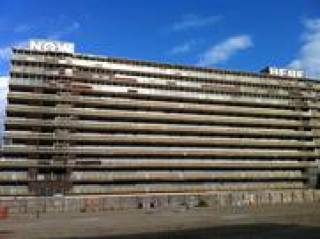
- Ecology & Metabolism
We tackle urgent questions regarding political ecology, urban nature, and public health, re-conceiving relationships between cities, environments, people and infrastructure.
- Change & Crisis
We study urbanization and the restructuring of cities from varied perspectives, analysing the effects of cycles of investment and disinvestment, and the mobilization of citizens and built environment professionals in response to instability and critical situations.
- Imagination & Design
We have a strong focus on urban culture, design and aesthetics, the representation of cities of the past, present, and future – as well as their challenges to representability – and the relations between different urban imaginaries and material conditions.
- Data & Place
We study emerging digital technologies interwoven in the city fabric, in order to understand how they are changing everyday urban life, enabling new models of production and consumption, and redefining citizens’ relationships with one another as well as the cities they live in. These activities include work on physical ‘Internet of Things’ devices being embedded in buildings, transports, objects, and the like, as well as new virtual (or online) services, as exemplified by the collaborative economy wave. The digital footprint – data – that these new technologies create afford us the ability to systematically study the impact they have on our daily lives, the way we interact with one another, and with the space we live in.
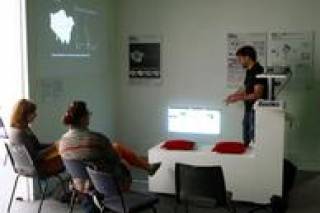
- Citizenship & Cosmopolitanism
Cities are now the focus for contemporary debates over citizenship in the face of new kinds of religiosity and ethnic identification that challenge secular conceptions of the modern metropolis and individual identity.
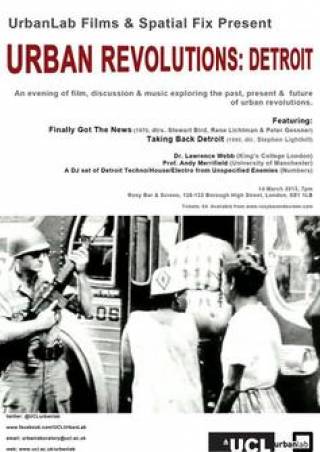
The erosion of the nation state has also fostered different kinds of relationships between place, locality and the global economy that are manifest in widening disparities in wealth and quality of life.
The location of power in the contemporary city has increasingly shifted from concentrated and visible manifestations of state power (governmental bureaucracies, police services and so on) to a more diffuse set of networks dominated by capital (corporate lobbies, financial derivatives and other dispersed and ultra mobile elements) and also new forms of social and political organization and mobilization.
 Close
Close


